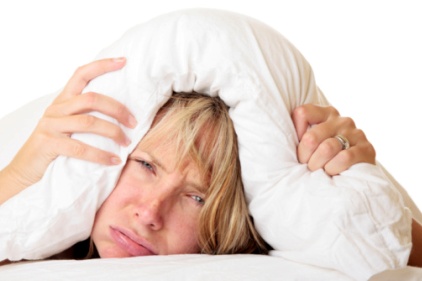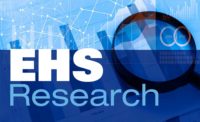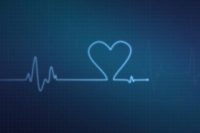 Insomniacs who take longer than 14 minutes to fall asleep face a greater risk of hypertension, according to new research in the American Heart Association journal Hypertension.
Insomniacs who take longer than 14 minutes to fall asleep face a greater risk of hypertension, according to new research in the American Heart Association journal Hypertension.
The study, conducted at West China Hospital, is the first to test whether insomnia with physiological hyperarousal, defined as a longer time to fall asleep, is linked to hypertension.
“We observed a strong correlation between the degree of physiological hyperarousal and hypertension,” said Xiangdong Tang M.D., Ph.D, co- author of the study and professor of sleep medicine at West China Hospital, Sichuan University in Chengdu, China.
Unable to relax
“In other words, those insomniacs who were hyperalert during the day and unable to relax and fall asleep during the Multiple Latency Sleep Test (MSLT) had the higher risk of hypertension,” said study co-author Alexandros Vgontzas, M.D., professor of sleep research and treatment in the Department of Psychiatry at Pennsylvania State University College of Medicine in Hershey, Penn.
Insomnia is the most prevalent sleep disorder in the general population. One-fourth to one-third of the general population complains of difficuly falling asleep and about 10 percent have chronic complaints and seek medical help for insomnia.
“Long latency times to fall asleep during the day may be a reliable index of the physiological hyperarousal and biological severity of the disorder,” Vgontzas said.
Around the clock
Traditionally, insomnia has been perceived as a nighttime sleep disorder; however, several studies suggest it’s a state of 24-hour hyperarousal.
A more biologically severe type of insomnia is associated with 24-hour hyperarousal and significant cardiometabolic consequences like hypertension. The less severe form has primarily psychological roots.
Feeling hyperalert or sleepy doesn’t allow people to function at their best, feel well during the day or sleep well at night, Vgontzas said.
“Although insomniacs complain of fatigue and tiredness during the day, their problem is that they cannot relax and that they are hyper,” he said. “Measures that apply in sleep-deprived normal sleepers — napping, caffeine use or other stimulants to combat fatigue — do not apply in insomniacs. In fact, excessive caffeine worsens the hyperarousal.”
Co-authors are Yun Li, M.D.; Julio Fernandez-Mendoza, Ph.D.; Edward O. Bixler, Ph.D.; Yuanfeng Sun, M.D.; Junying Zhou, M.D.; Rong Ren, M.D.; Tao Li, M.D.
Click here to learn more about Sleep & Heart Health.







